
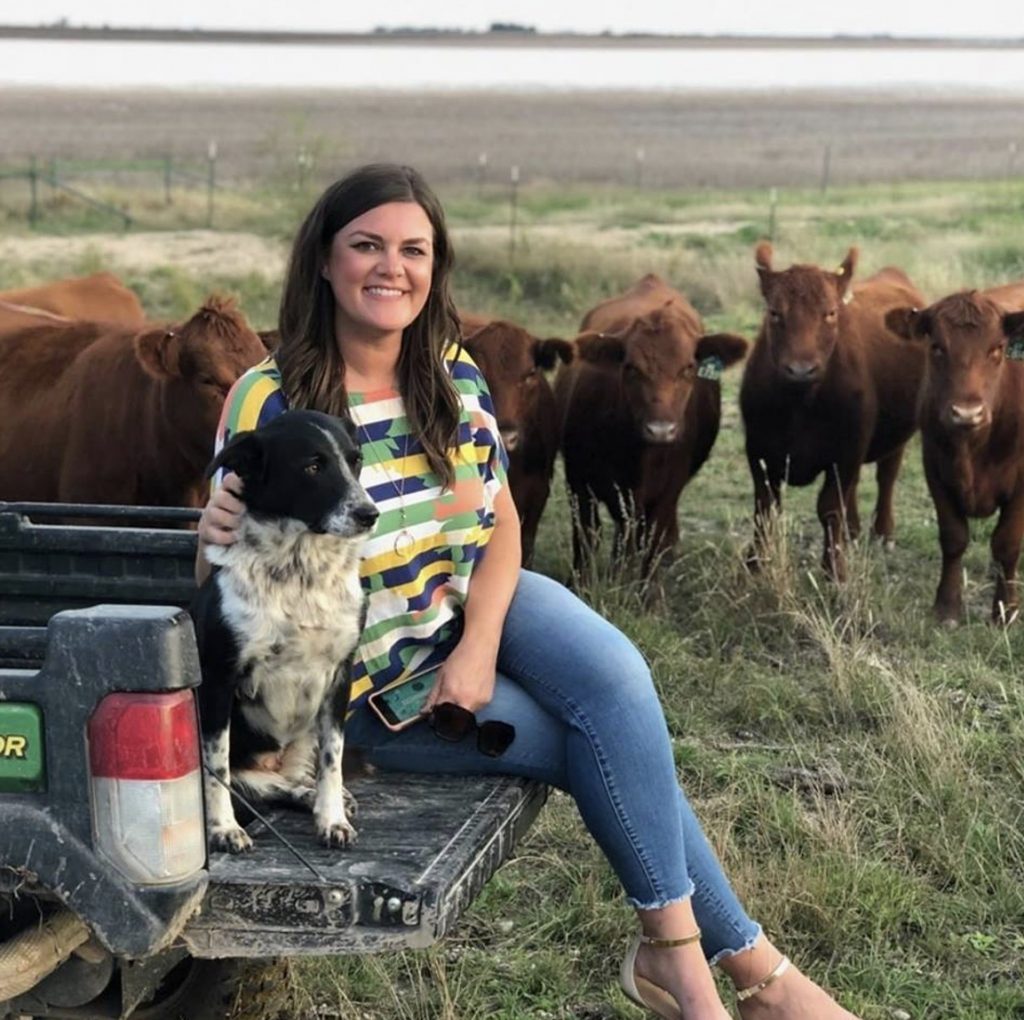
Michelle Miller
Owner of Farm Babe LLC
Michelle Miller, better known as the Farm Babe, is an internationally recognized speaker; writer, and columnist for AGDAILY.com and AcreageLife magazine, and an online influencer as a full-time advocate for farmers & ranchers. She started her social media outreach over six years ago as a way to better communicate the story of agriculture and has made a name for herself as a dedicated “mythbuster.” With nearly 200,000 followers and an average social media reach of 2-3 million views monthly, she has been featured in Forbes, has been a guest on Dr. Drew, has influenced corporations such as Burger King, and has proudly spoken alongside some of the biggest names in food and farming today.
Keynote:
Bridging the Gap Between Farmers and Consumers
There is a lot of misinformation out there when it comes to agriculture but where is it all coming from and what should we do about it? Do our voices make a difference and can we change minds? The answer is yes, and this inspirational session will offer communication tips and success stories of how we can better bridge the gap between farmers and consumers… through social media and beyond.
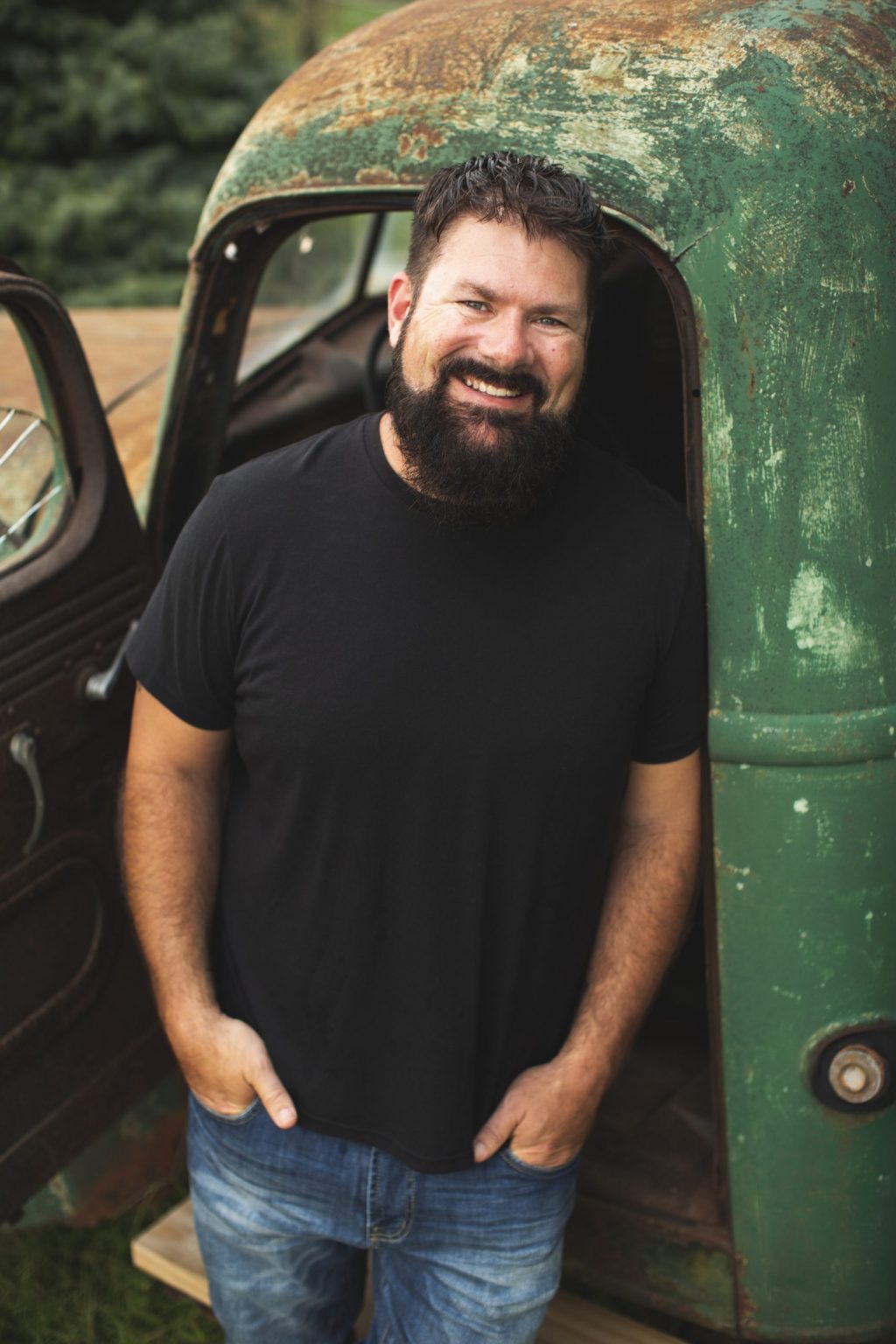
Rob Sharkey
The SharkFarmer
Fifth-generation farmer Rob Sharkey found his passion for farming just outside the small town of Bradford, Il. After graduating from SIUC he married his high school sweetheart Emily, whom he had met at a 4-H dance. After struggling to find a fit in farm organizations, Rob found his voice on Twitter. Capitalizing on his social media popularity, Rob started his groundbreaking “SharkFarmer Podcast” in June of 2017. With no broadcasting background, his unconventional style fundamentally changed agricultural media. Rob feels strongly that every farmer and person working within the ag industry has a story and deserves to have a platform to share it. Bottom line, he changed the conversation in Ag. The success of his podcast brought about an opportunity to host his own show on Sirius XM where he and his cohost (wife Emily) set the stage to unravel a new story every day. In April of 2020, Rob launched a new show in partnership with RFDTV, called SharkFarmer TV. It was an instant success and not just within Rural America. Rob continues to be the ultimate disruptor within Agriculture.
Keynote:
Turn…Engage…Hit Resume
After a difficult “pass” it’s tempting to just hit resume. Learn how an Illinois farmer became one of agricultures biggest disruptors by taking a hold of the wheel.
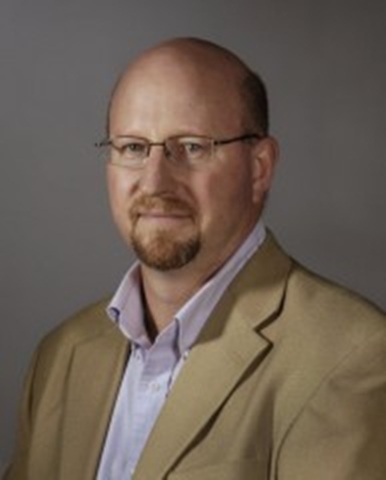
Scott Staggenborg
Sorghum Product Marketing Director
Scott was raised on a wheat-sorghum farm south of Marysville, KS. He attended Kansas State University and Texas Tech University for multiple degrees in Agronomy and Crop Physiology. After a short stint in cotton extension work, he spent 17 years at Kansas State University in Extension, Teaching, and Research Roles. He left KSU in 2012 to join Chromatin and served as Sorghum Product Manager and V.P. of R&D before Chromatin was acquired by S&W Seed in 2018. Since then, he has served as Sorghum Product Marketing Director and is looking forward to helping S&W Lead by bringing technologies to sorghum.
Presentation:
Sorghum Technologies – What’s next and what’s needed
Scott will give an overview of the new technologies that are coming to sorghum. He will also engage the audience in what their needs are for sorghum to be a bigger part of their rotation.
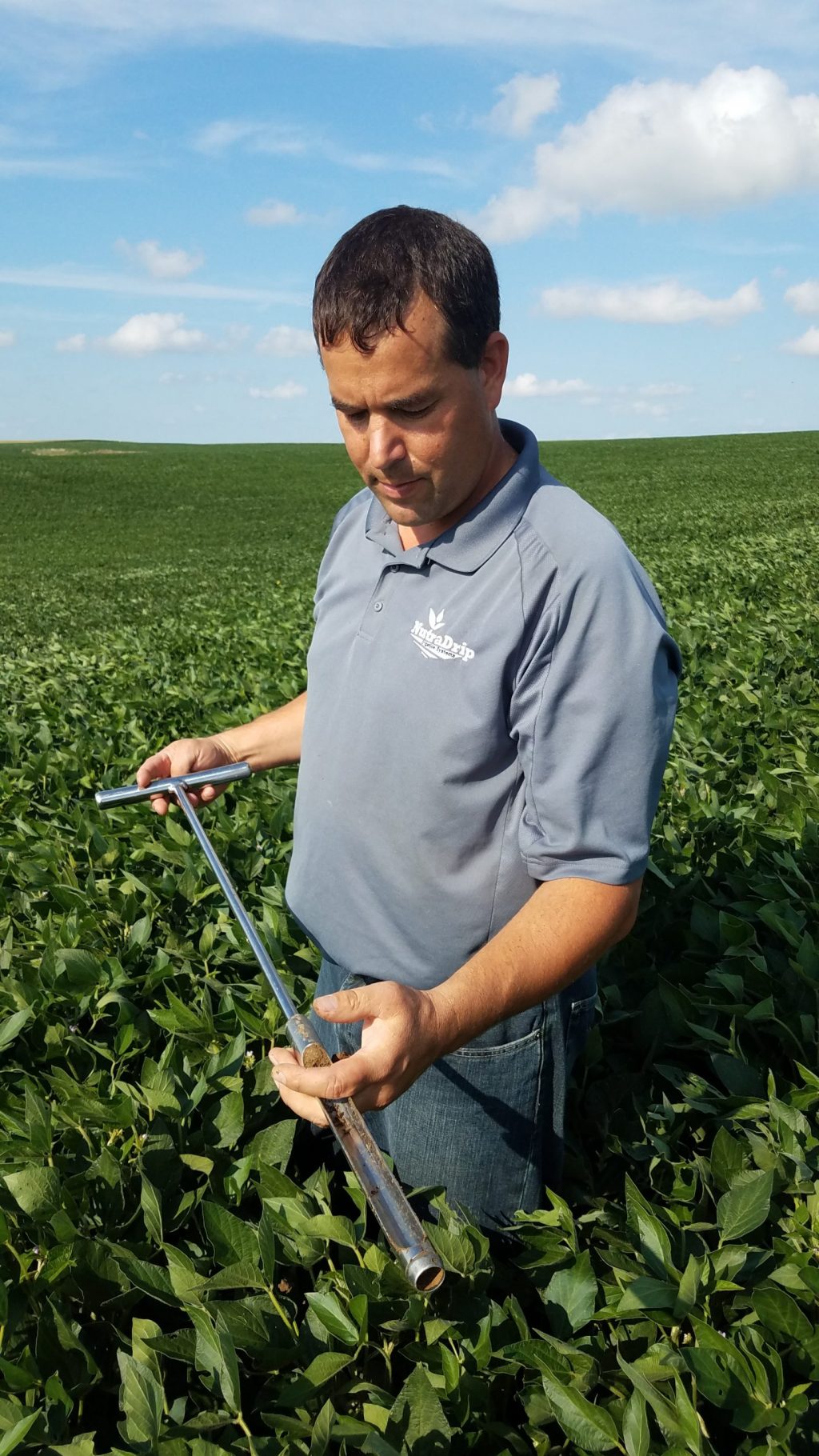
Kurt Grimm
Owner – NutraDrip irrigation Systems
Kurt farms with his family in northeast Kansas raising mainly corn and soybeans. They also operate two garden centers and have a full-service landscape company. The diverse operation branched into vegetables and hydroponic tomatoes in the early 1990s. Eventually, the greenhouses were converted into bedding plants for the on-farm garden center. This hydroponic experience came back to life in 2013 when the Grimm’s installed their first subsurface drip irrigation system. Combining water and nutrient management through irrigation has become a focus of their business, NutraDrip Irrigation System. Kurt and his wife Hannah, have eight children and live near Hiawatha, KS.
Presentation:
Getting the most from your irrigation water
Water quality has a major impact on nutrient availability, soil structure, and soil health. Bicarbonates and salinity in irrigation water can have profound impacts in flood, pivot, or drip systems. Learn how to read a water sample and soil sample to determine the impact on your farm. We will also touch on new improvements in subsurface drip irrigation to get the most from your water and land.
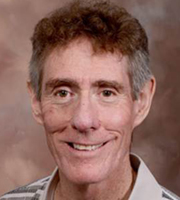
Bruce Anderson
Extension Forage Specialist Emeritus
Dr. Bruce Anderson led forage extension and research at the University of Nebraska for over 41 years. His extension emphasis focused on alfalfa production and marketing and on pasture utilization. The research emphasized forage quality in hay and pasture systems, pasture legumes, and utilization of native warm-season grasses. Dr. Anderson is recognized nationally as an authority on alfalfa production techniques, hay quality management, forage-livestock systems, and native warm-season grasses. He is a highly sought speaker and advisor because of his practical approach to sophisticated forage management.
Presentation:
Benefits of Alfalfa in Crop Rotations
Alfalfa has benefits and economic value in crop rotations beyond its forage value. Alfalfa increases soil nitrogen content that can lower fertilizer costs for the next crop and it improves soil tilth, water infiltration, and structure which results in increased crop yield. Alfalfa disrupts disease, insect, and weed cycles in annual crops, reducing pesticide needs for those crops and protects from soil loss due to wind and water erosion.
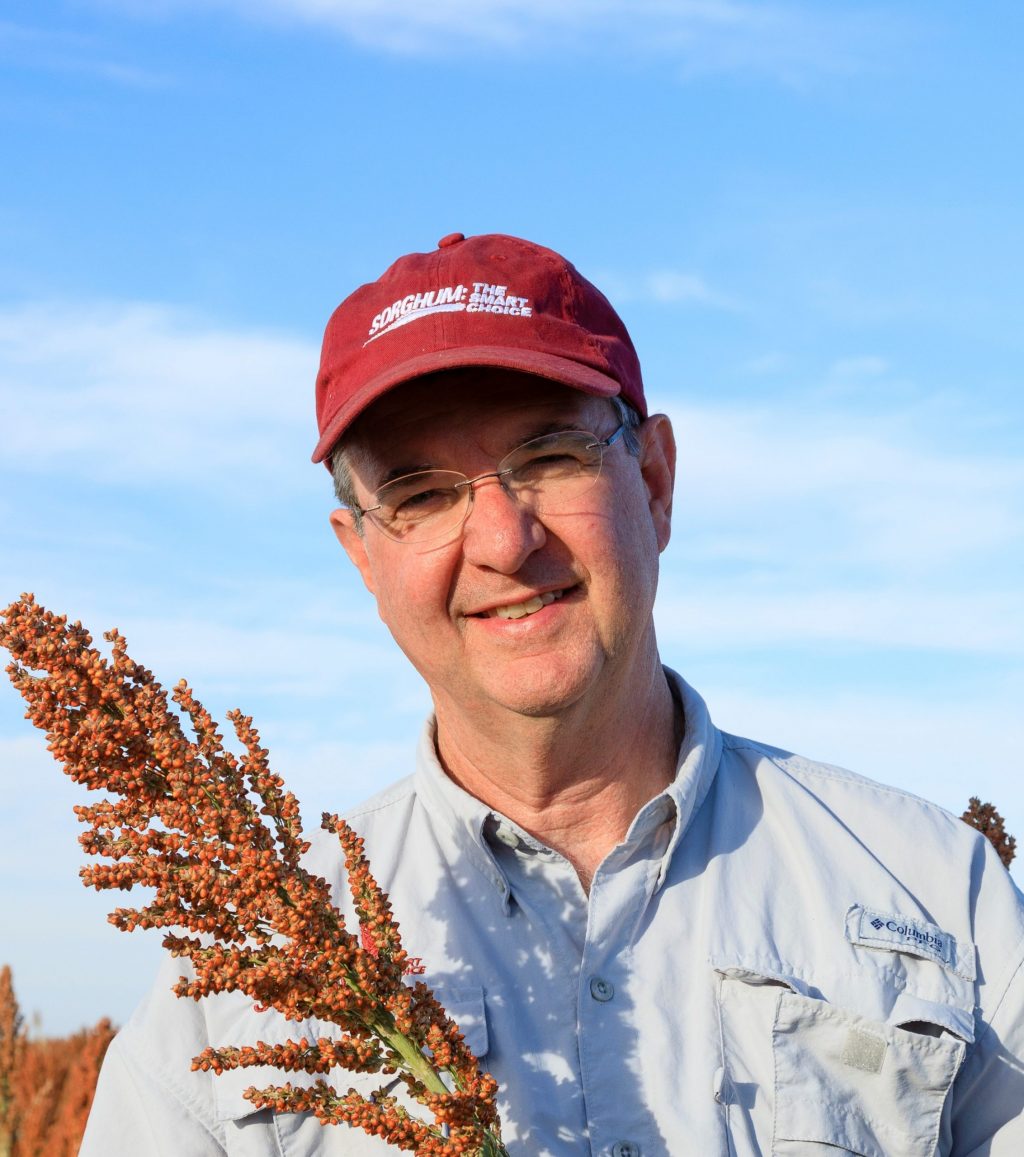
Brent Bean
United Sorghum Checkoff Director of Agronomy
Brent Bean has been the Director of Agronomy for the United Sorghum Checkoff Program since June 2015. Previously, he spent three years as the Director of Agronomy for NexSteppe where he led a team of agronomists in developing best management practices for sweet and biomass sorghum. Brent began his career serving as Texas A&M Extension and Research Agronomist in the Texas Panhandle for 25 years. In this role, his research and educational efforts focused on developing best management practices for sorghum, corn, and wheat production. Brent received his bachelor’s and master’s degrees in crop science from Texas Tech University and his Ph.D. in weed science from the University of Nebraska.
Presentation:
New herbicide technologies for sorghum
Three new herbicide technologies igrowth, Inzen, and Double Team were introduced to U.S. sorghum growers in 2021. The strengths and weaknesses of each will be discussed as well as how growers can extend their use into the future for years to come.
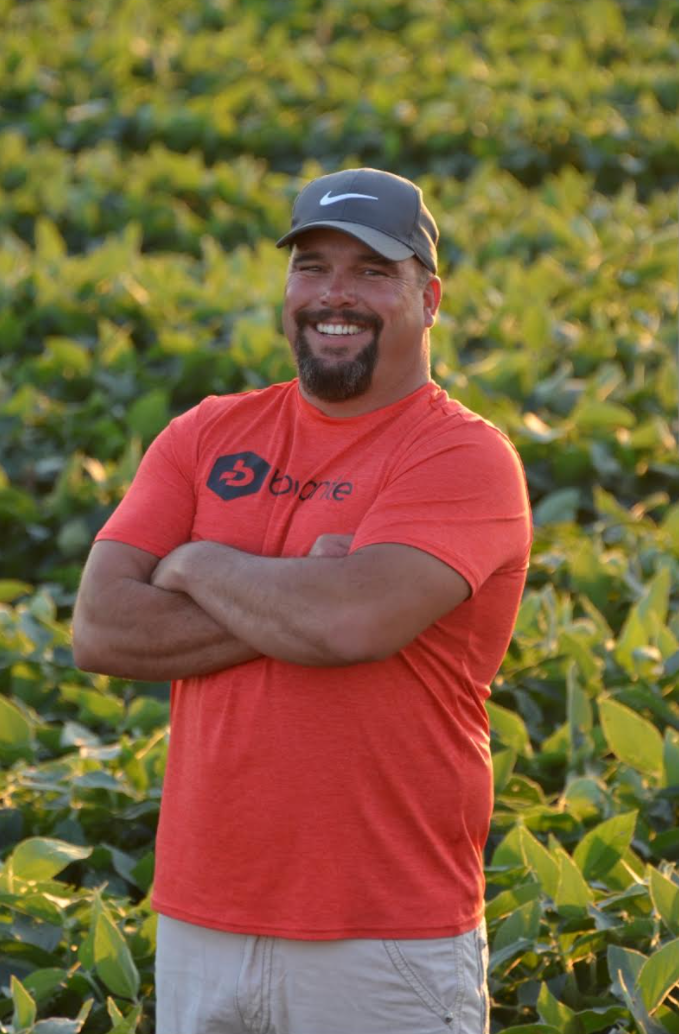
Jimmy Frederick
Farmer
Jimmy Frederick is a southeast Nebraska farmer who farms with his dad and his sons. They farm around 3,000 acres of some irrigated but mostly non-irrigated ground. They raise world record soybeans yielding 148.8 bushels per dryland acre. In the past, they have raised 135 bushels per dryland acre and 163 bushels per irrigated acre. Jimmy likes to push the envelope for high yields along with increasing soil health.
Presentation:
Increasing soybean plant health and increasing yields
Reducing populations and increasing soybean yield along with soil health
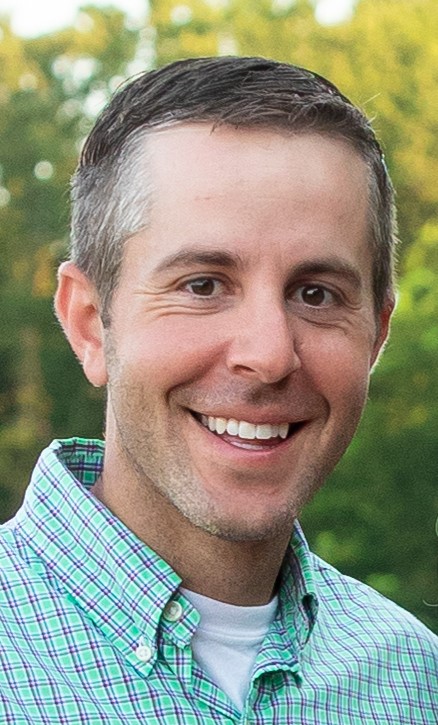
Travis Schnaithman
Owner/Operator at Schnaithman Family Farms
Travis Schnaithman is a 5th generation farmer from North Central Oklahoma. He graduated from Oklahoma State in 2010, was awarded FFA Star Farmer of America while in college, and returned to farm full time upon the completion of college. Since then, Travis, his dad, and younger brother Tyler have grown their operation extensively. They strive to take an intensive management approach in growing wheat, soybeans, milo, and corn and continually look for ways to improve. Over the years, they have worked to add on-farm storage capacity and spend a lot of effort in marketing grain, seed (most recently Limagrain Coaxium varieties), and utilizing risk management techniques. Travis and his wife Rylee have two young boys, Mack 4, and McCoy 1.
Presentation:
Marketing wheat to extract additional value
Travis and his family strive to intensively manage wheat production in an effort to raise high-yielding, good protein grain while utilizing varieties that Millers/Bakers desire. Combining these production goals with an investment in on-farm storage has proven to be beneficial. Travis looks forward to sharing the insight that he has obtained over the years.
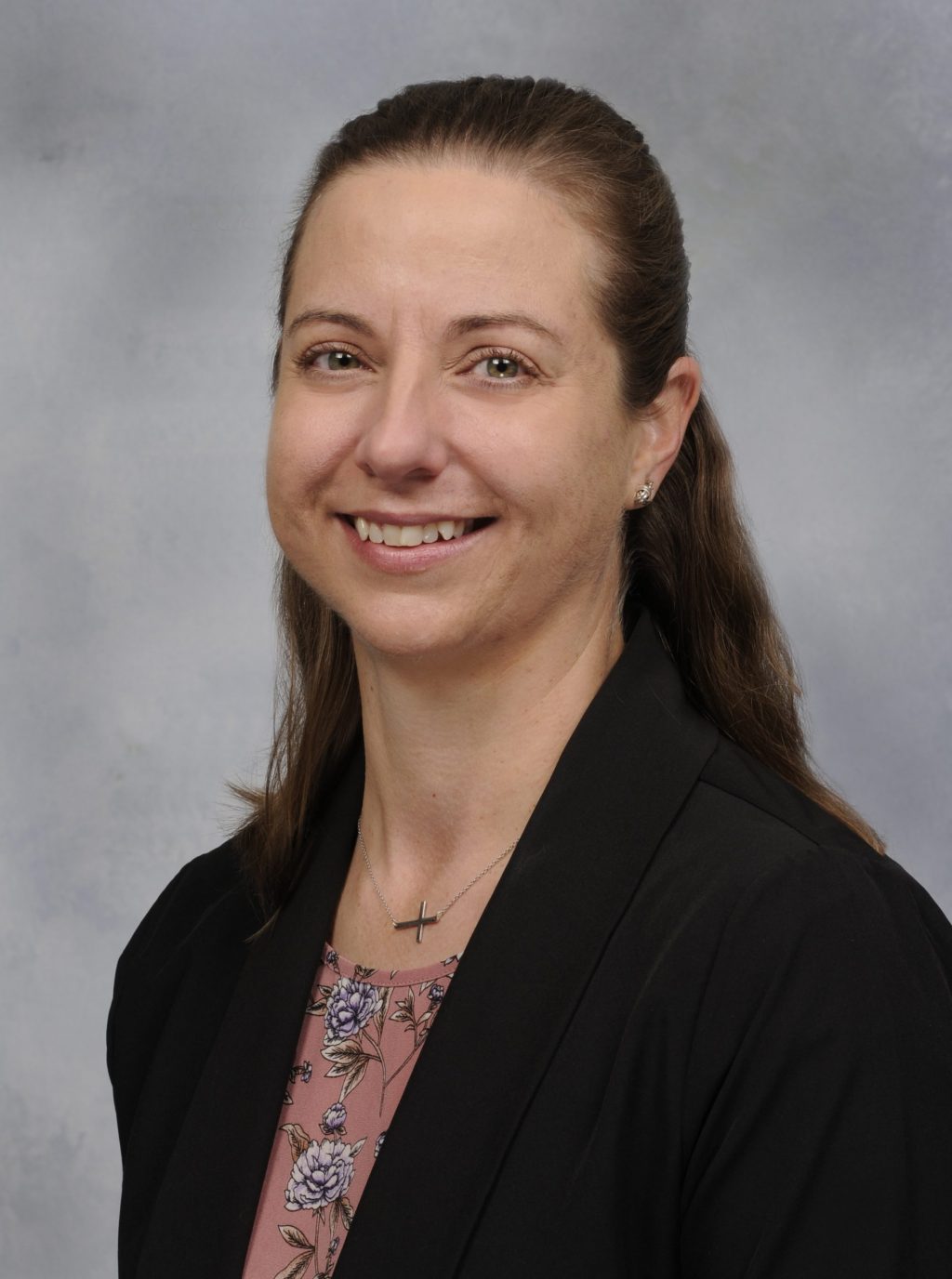
Sarah Lancaster
Assistant Professor and Extension Specialist
Sarah Lancaster began as an Assistant Professor and Extension Specialist in the Kansas State University Agronomy Department in November 2019. Her efforts are focused on weed management extension and research. Sarah was raised on a crop and livestock farm in east-central Missouri and holds degrees from the University of Missouri, North Carolina State University, and Texas A&M University. Sarah and her husband, Phillip have two children, Levi, 8, and Caleb, 6.
Presentation:
Managing weeds in corn
In this session, we’ll discuss Palmer amaranth and other hard-to-manage weeds in corn production. Specific topics will include results of recent herbicide evaluation trials and the importance of integrated strategies for managing these important weeds.
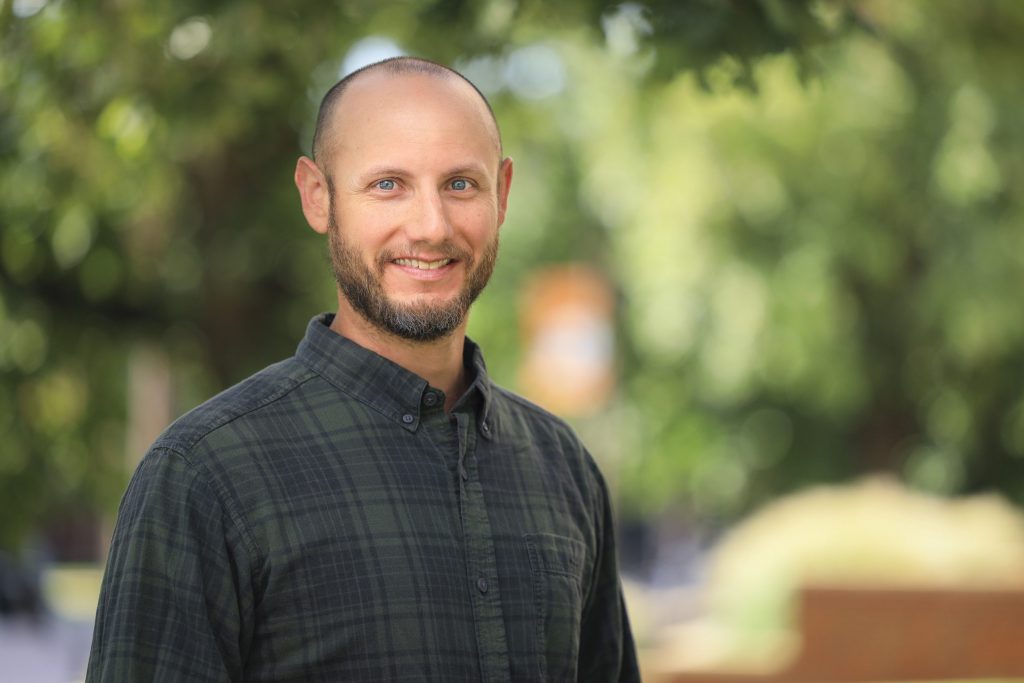
Seth Byrd
Extension Cotton Specialist
Seth Byrd is the State Extension Cotton Specialist for Oklahoma State University. His program focuses on variety evaluations, harvest aid performance, and dryland production systems among other cotton agronomic topics. He is a native of North Carolina and prior to his current role he served as the Extension Cotton Specialist for the Texas High Plains with Texas A&M AgriLife Extension.
Presentation:
Cotton Stand Establishment and Seed Quality in the Great Plains
Discussion of factors that influence cotton stand establishment, including the environment, planting conditions, and variety characteristics. Cotton seed quality will also be covered, included germination testing and the relationship between germination values, stand establishment, and yield.
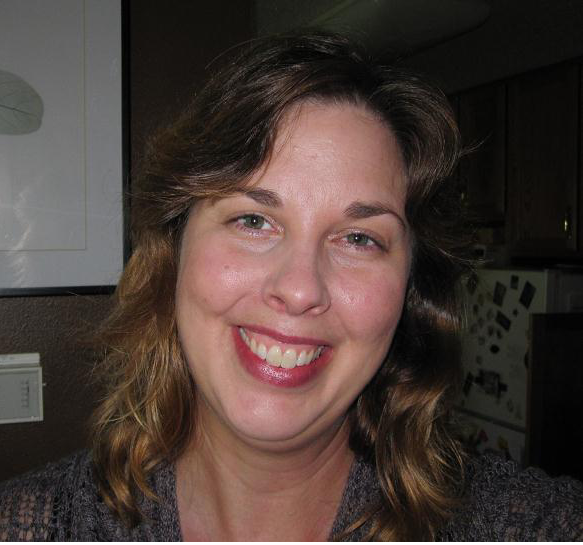
Trish Jackson, PhD
Director of Regenerative Agriculture
Trisha hails from central Kansas, where she learned to value prairies and rural communities. Her educational and personal adventures took her around the world, where she admired diverse cultures, foods, landscapes, and agriculture. Through her graduate studies in soil science, environmental studies, and climatology, she came to understand how regenerative agricultural practices build healthy soil to create truly resilient communities brimming with nutrient-dense food, clean water, and plentiful wildlife. With these values in mind, she was pleased to join the PrairieFood team to help ensure that rich, fertile soil is the number one crop.
Presentation:
How Taking Care of Your Soil Takes Care of Your Crops (and You!)
As the public appetite for higher quality food and products grows, farmers respond by discovering more about the connection between soil health and just about everything else – from crop health to human health, and even the planet’s health. Farmers will leave this session understanding the basic principles of how to grow healthy soil, how healthier soils influence crop health (and animal health and human health and water quality and…), and how growing healthy soils can also add to his/her financial health through carbon markets.
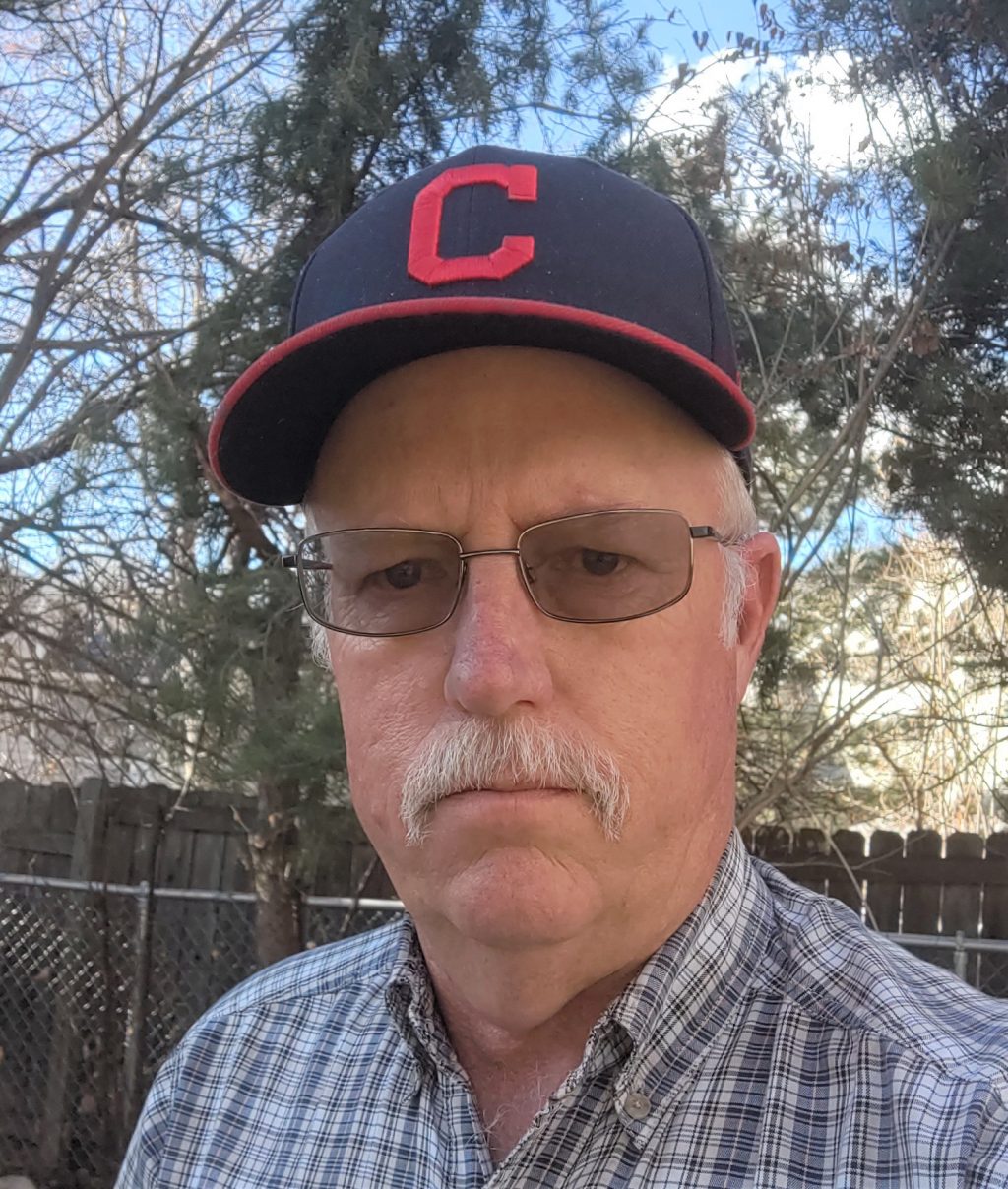
Joe Brummer
Associate Professor/Extension Forage Specialist
Joe grew up in southcentral Kansas on a small dryland wheat and livestock operation. All three of his degrees are in range management with emphasis on grazing management for both his master’s and PhD. He has worked in the shortgrass, mid-grass, and tallgrass prairies, the Nebraska Sandhills, and high elevation mountain shrub and grasslands. He gained experience working with improved forages in both the sub-irrigated hay meadows in the Nebraska Sandhills and the mountain hay meadows in western Colorado. For the past 15 years, he has served as the Extension Forage Specialist for Colorado. Working with improved forages has allowed him to combine his interests in agronomy with pasture and livestock production. He is particularly interested in livestock/plant interactions, selection of forage species for different objectives, seeding methodology, improving forage quality by interseeding of legumes into grass stands, Management-intensive Grazing (MiG), and using alternative forages for extending the grazing season.
Presentation:
Alfalfa Stand Establishment: Getting It Right the First Time
Numerous factors must be considered in order to achieve a thick, vigorous stand of alfalfa. This presentation will cover such topics as proper seedbed preparation, autotoxicity concerns, seeding rate, seeding depth, timing of seeding, irrigation management, and evaluation of stand adequacy.
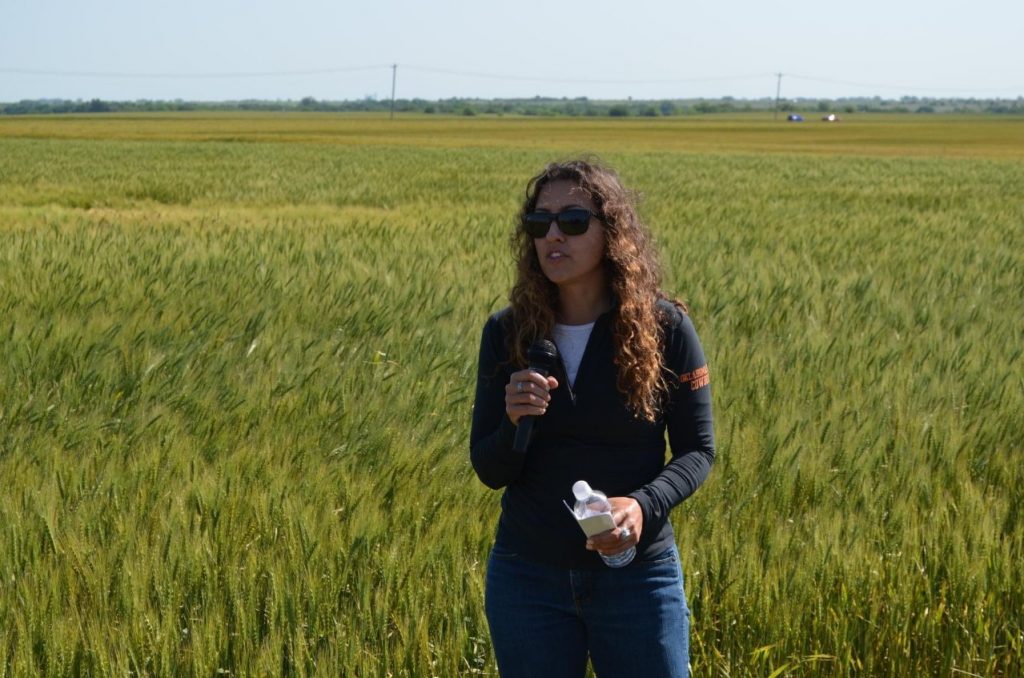
Misha Manuchehri
Extension Weed Specialist
Misha Manuchehri joined the Oklahoma State University faculty in July 2016 as an Assistant Professor and Small Grains Weed Extension Specialist. Misha grew up in the suburbs of Seattle and completed her B.S. and M.S. degrees at Washington State University. Following graduation, she continued her education at Texas Tech University where she earned a Ph.D. Misha currently has an active Extension program at Oklahoma State University where she examines weed management systems in winter wheat. She also teaches Principles of Weed Science, an undergraduate/graduate course that introduces students to weed biology and ecology, herbicide chemistry, and weed control methods.
Presentation:
Management of Winter Annual Grass Weeds in Winter Wheat
Update on herbicide-resistant weeds in winter wheat, including how to best manage these species in the short and long term. Emphasis will be on winter annual grass weeds.
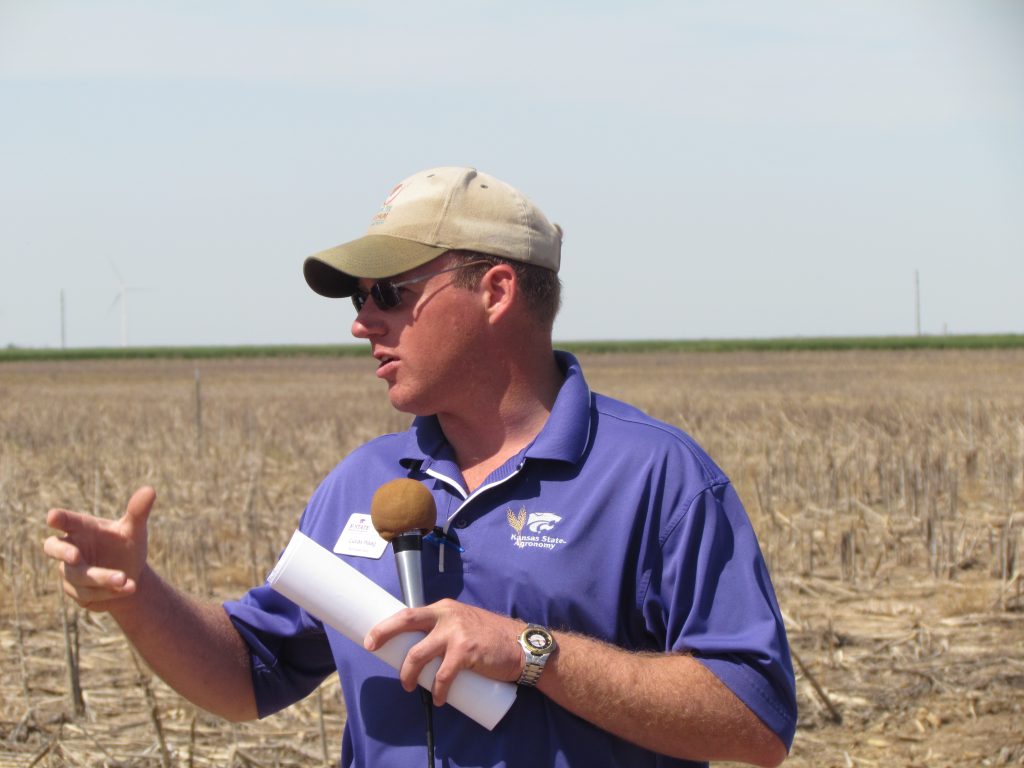
Lucas Haag
Associate professor and Northwest Area Agronomist at Kansas State University
Lucas Haag was raised on a diversified dryland farming and ranching operation near Lebanon, Nebraska along the Kansas/Nebraska line. He received his B.S. in Agricultural Technology Management in 2005 and an M.S. in Agronomy (crop ecophysiology) in 2008 from Kansas State University. Lucas served as an assistant scientist at K-State’s Southwest Research-Extension Center at Tribune, Kansas for 3 years and completed his Ph.D. in Agronomy (crop ecophysiology) in 2013. He is currently an associate professor of agronomy and Northwest Area Agronomist with Kansas State University stationed at the Northwest Research-Extension Center, Colby, Kansas. He has extension agronomy responsibilities for 29 counties in northwest and north-central Kansas and is a Certified Crop Advisor. He conducts research and extension activities in a variety of areas but specializes in precision ag and dryland/limited irrigation cropping systems.
Presentation:
Intelligent Inputs: Managing your fertility and seed dollars in corn production
Current input on, especially fertilizer, have producers looking at how to maximize ROI on inputs. This session will take a look at the latest findings from research studies in the region that examine the management of these inputs.
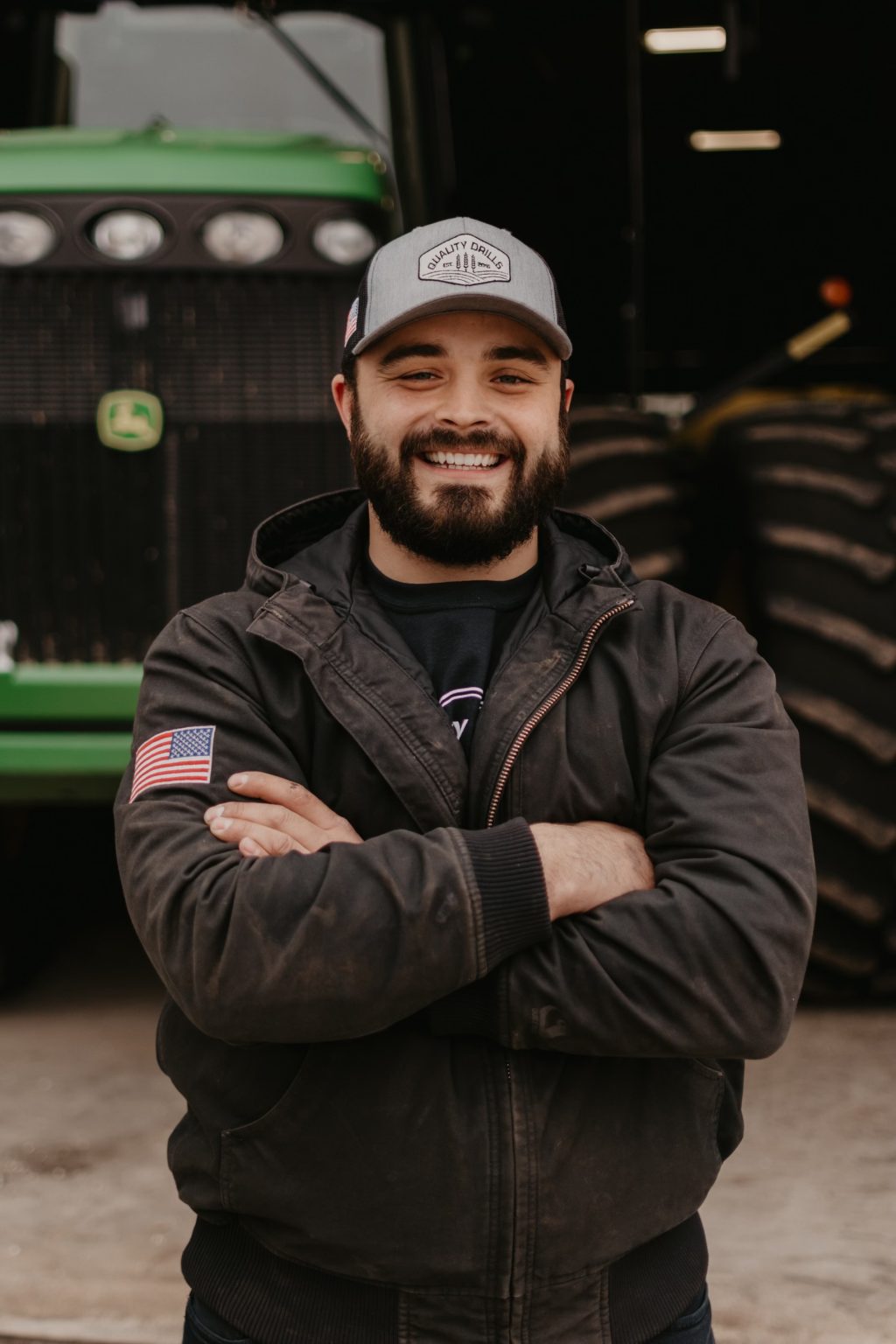
Stefan Alderson
Owner at Quality Drills
Stefan Alderson was born in 1993 in Chugiak, Alaska, and grew up splitting time between Chugiak, Alaska, and Palo Alto, California. He moved to Loveland, Colorado in 2009, where exposure to local farms and agricultural communities began to spark the interest in agriculture that would later shape his career. After graduating from high school, he earned a Personal Trainer certification, held jobs in the oil and wind energy industries, and spent time in the US Army as an Infantryman before finding his passion with a career in agriculture. Stefan founded Quality Drills in 2016 and the business has grown steadily since then, helping farmers nationwide overcome the struggles of maintaining and operating their John Deere 50, 60, and 90 series drills.
Presentation:
Is your drill really ready for the field?
In this session, attendees will learn the keys to keeping drills in optimal condition and avoiding unnecessary wear and tear. A high-performing drill yields maximum results.
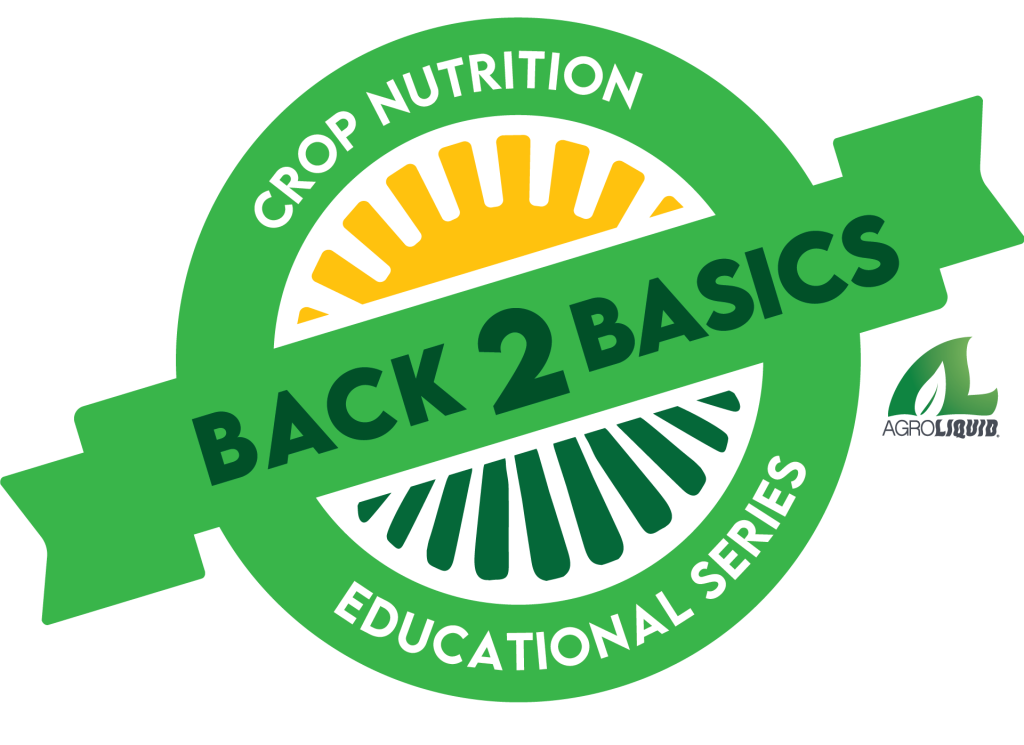
Reid Abbott
Regional Agronomist, AgroLiquid
Reid Abbott holds a Bachelor of Science in Agronomy from Texas A&M University. Reid has worked as a crop consultant with corn, wheat, cotton, sorghum, alfalfa, and sunflowers. He has extensive knowledge in all aspects of crop production, including seed variety selection, soil fertility, irrigation management, and weed, insect, and disease control. In his time with AgroLiquid, Reid works to train the dealer network and provide fertility solutions on a wide array of crops nationwide. He makes frequent visits to the field to gain knowledge on product performance and further enhances AgroLiquid fertility programs.
Jay Ostmeyer
Account manager, AgroLiquid
Jay Ostmeyer’s passion for agriculture started early. Growing up on a cash crop farm, farming has always been part of his life. He attended Fort Hays State University and received a bachelor’s degree in Agribusiness. Upon graduation, Jay began working as a crop consultant and he brought his agronomy skills to AgroLiquid in 2016. As an Account Manager, Jay is dedicated to evaluating soil and cropping systems to develop sound recommendations and provide agronomic solutions for growers. He understands the importance good agronomics play in successful farming, and he applies that vast knowledge on his family farm.
Presentation:
Back to basics: Soil tests
We know that what we harvest at the end of the season is dependent on the attention given to the beginning, and that starts with a crop fertility plan based on a complete soil analysis. This session is intended to take an in-depth look at the nutrients that may make a difference in your crop.
Dr. Ajay Sharda
Associate Professor
Dr. Ajay Sharda is an Associate Professor in the Department of Biological and Agricultural Engineering at Kansas State University. He received his Ph.D. in Biosystems Engineering from Auburn University. At K-State, Ajay’s research focuses on the development and verification of control systems for large agricultural equipment including planting, and spray systems; developing autonomous systems for intelligent sense and spray; and developing sUAS sensing system for spatial crop health monitoring. His extension efforts have been devoted to ways precision ag technology can help improve in-season decisions on input management and use for data for digital agriculture.
Presentation:
Soybean population impacts on yield and soy protein lubricant for planting systems
Producers are utilizing wide range of soybean populations to minimize seed cost and maximize yields. Newer planting technologies have the potential to more accurately place seed in the trench and manage seed populations both in the straight and curvilinear passes. Also, the use of soy protein based seed lubricants in the planting systems could not only aid in the seed flowability but also provide an environmentally friendly option for modern planters.
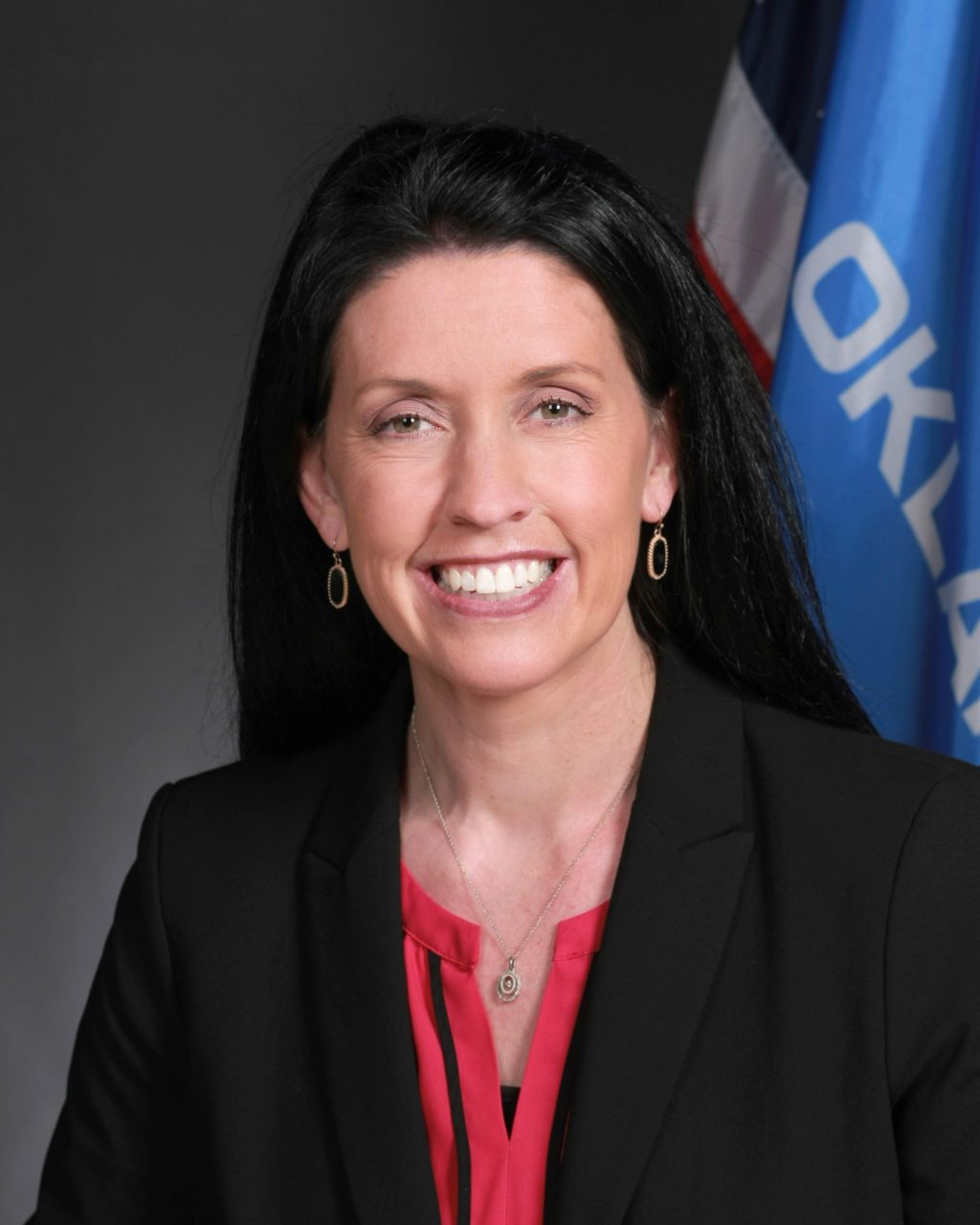
Blayne Arthur
Oklahoma Secretary of Agriculture
As Oklahoma Secretary of Agriculture Blayne Arthur is the state’s first female to hold the position. She acts as chief advisor on policy development and implementation related to agriculture, food, and forestry.
Arthur grew up in Chickasha, Oklahoma, where her family raised horses, cattle, wheat, alfalfa, and soybeans. Upon graduating from Oklahoma State University in 2004, with a bachelor’s in agricultural economics, Arthur took a role in small-business financing for Rural Enterprises, Inc. and traveled throughout Oklahoma. She began her tenure at the Oklahoma Department of Agriculture, Food, and Forestry in 2009 working for then-Sec. Terry Peach.
In 2016, she served as the executive director for the Oklahoma 4- H Foundation until her appointment by Governor Stitt.
Arthur married Jerrod Arthur in 2006 and they have two children, Kelton and Kennedy, who both enjoy showing cattle and horses. The Arthur family lives east of Stillwater and raise show cattle for 4-H and FFA members.
Presentation:
Women in Ag Panel
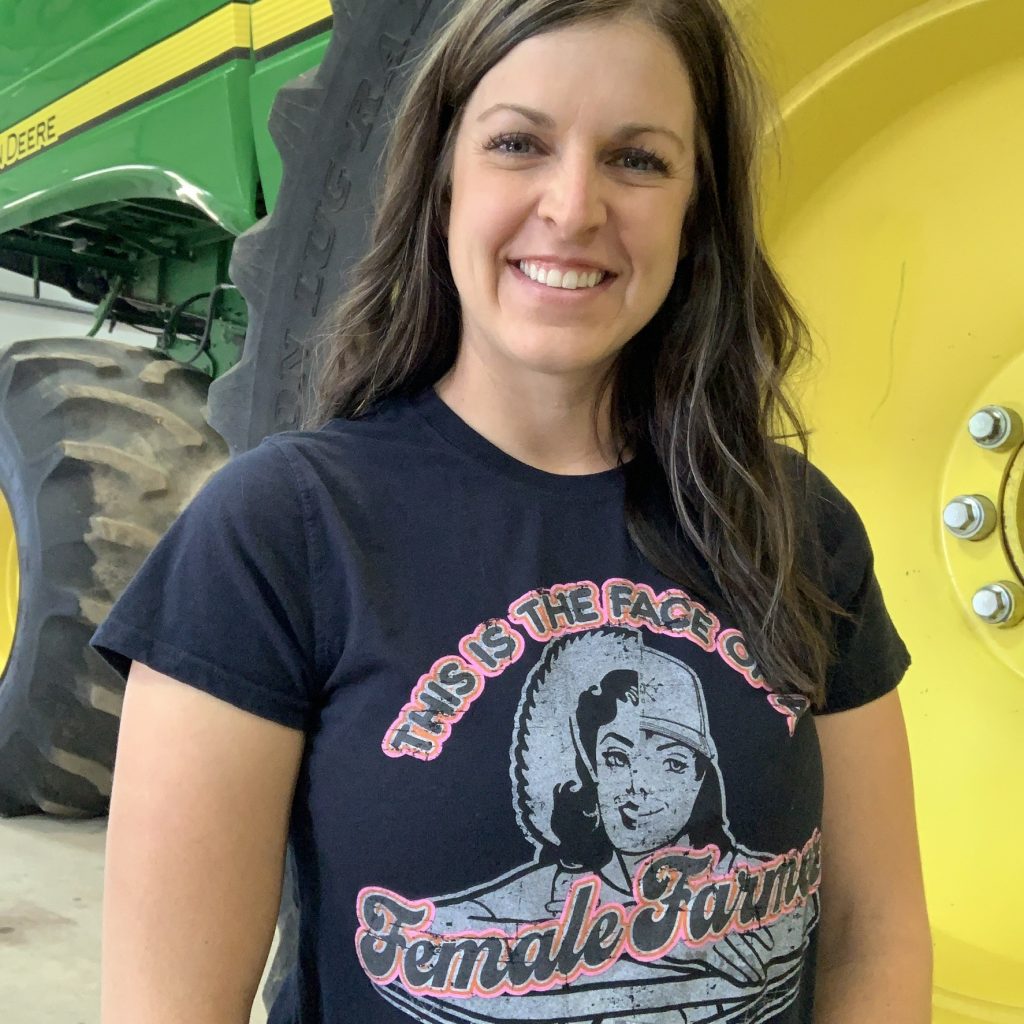
Whitney Larson
Farmer, Wife and Mom
Whitney is a 30 something Midwest town Girl turned Farm Wife and Mother. She and her husband Bart farm and reside in northwest Kansas. Operating their farm and Ag-related businesses while raising crops and kids keep them on their toes at all times. She didn’t grow up in Agriculture but now finds a huge passion for it. She is passionate about telling their Ag story to educate and bring awareness to those not involved in the industry as well as empowering women to find their role on their own operations and uplifting others.
Presentation:
Women in Ag Panel
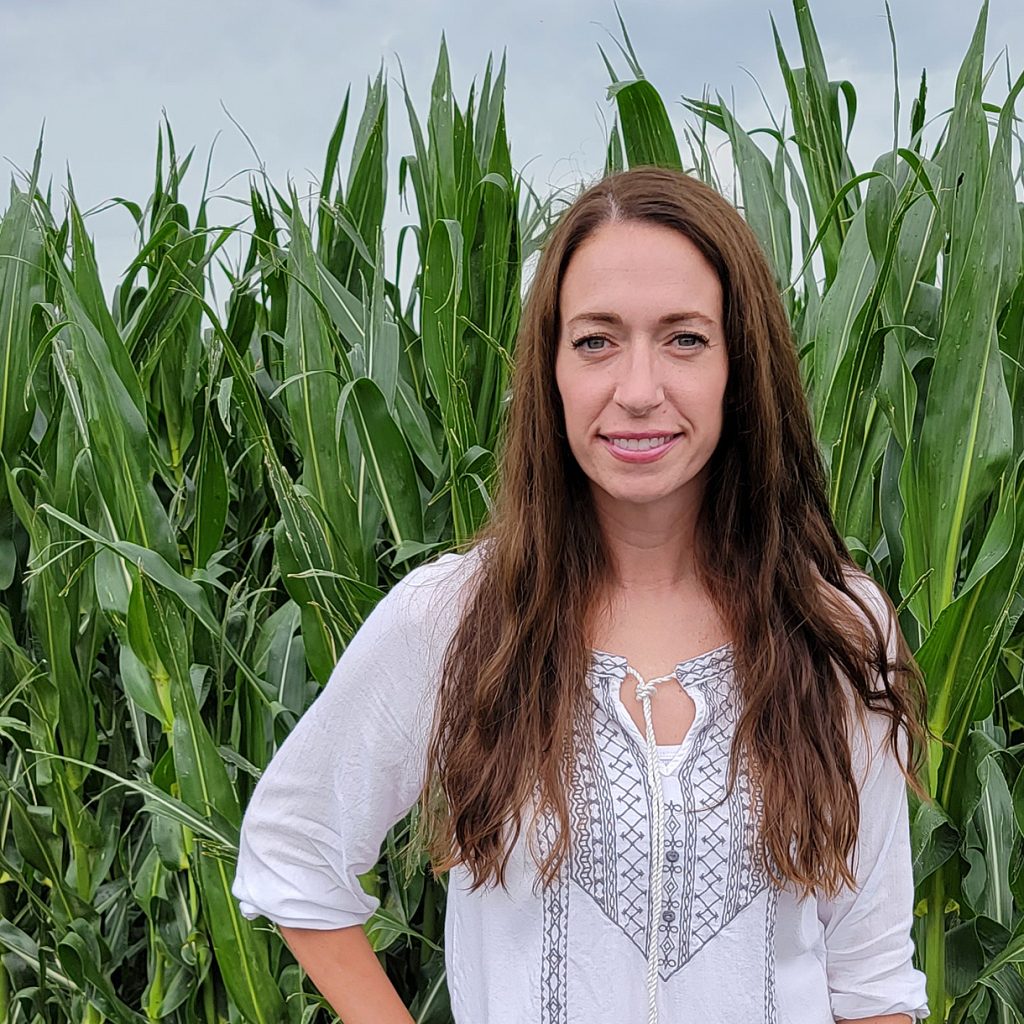
Sarah Greer
Farmer
Sarah Greer is a 5th generation “Beginning Farmer” from south-central Nebraska. Prior to farming she obtained her bachelor’s degree in Diversified Agriculture from the University of Nebraska-Lincoln and her Master of Arts in Management from Doane University. Sarah worked in the private sector for 20 years in various marketing and communication roles. Five years ago, she took over the row crop operation from her parents who had decided to retire. Along with raising irrigated corn and soybeans, Sarah is also buying into her parent’s cow/calf operation as they transition out. Sarah is a busy mom to two teenage sons. Together they raise sheep and volunteer with the 4H program to teach children about raising and showing lambs and provide lambs for children who otherwise would not have access to them.
Presentation:
Women in Ag Panel
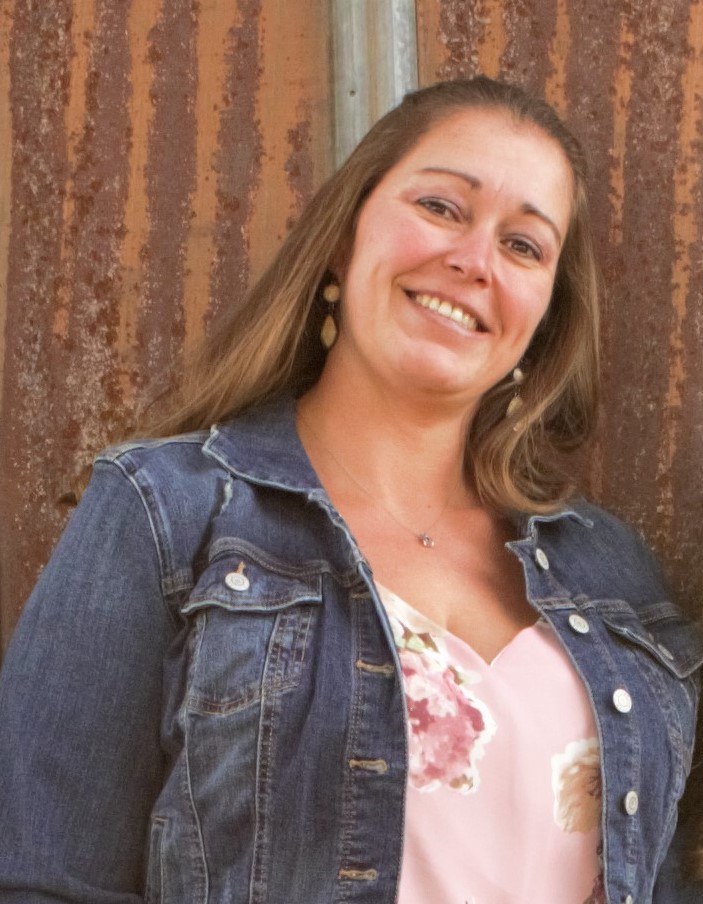
Roxi McCormick
Farmer
My husband and I run an ag service business in NE Colorado where we both grew up. We specializing in seed, biologicals, water, and mineral among other ideas that our growers bring to us. We take pride in the customized service we bring to our growers and the passion we have for the agricultural industry. We both work within the business along with our four kids (with certain things) and 2 employees. Our oldest is loving the technology end of our business and loves helping our growers in the field with their tech. Family is important to us and our growers and they see it in how we run our business.
Presentation:
Women in Ag Panel
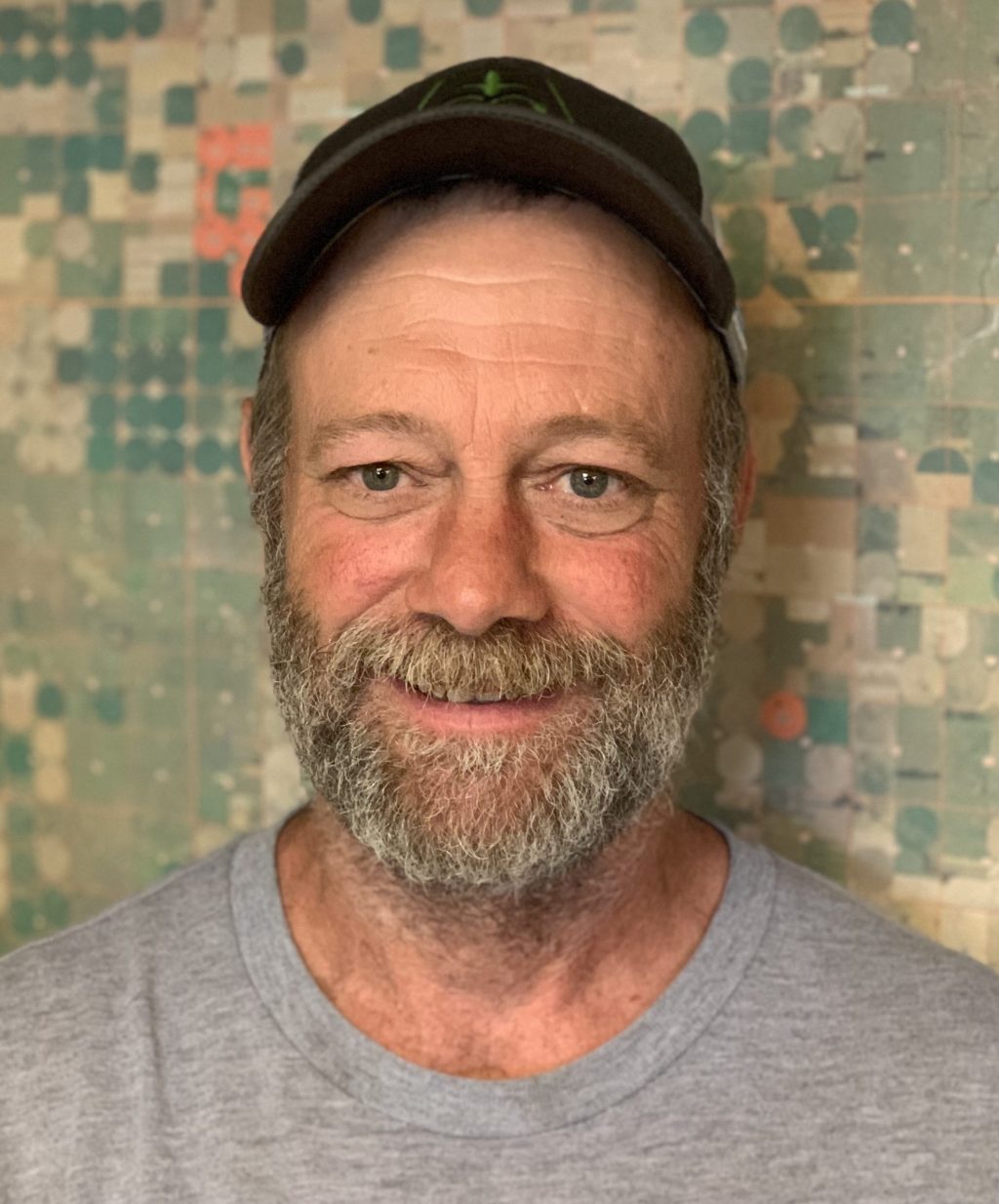
Ki Gamble
Owner/Operator Gamble Farms
Ki is a 4th generation farmer on his family’s farm in Greensburg, KS. He grows corn, soybeans, wheat, alfalfa, milo, and sunflowers on dry and irrigated acres. Ki and his family have been perennial winners of the NSP Grain Sorghum Yield contest. They also have a certified seed wheat business supplying seed wheat to farmers in their area for many years. Ki attributes his success in reaching high yields to attention to the small details along with timely management practices.
Presentation:
Farmer Panel
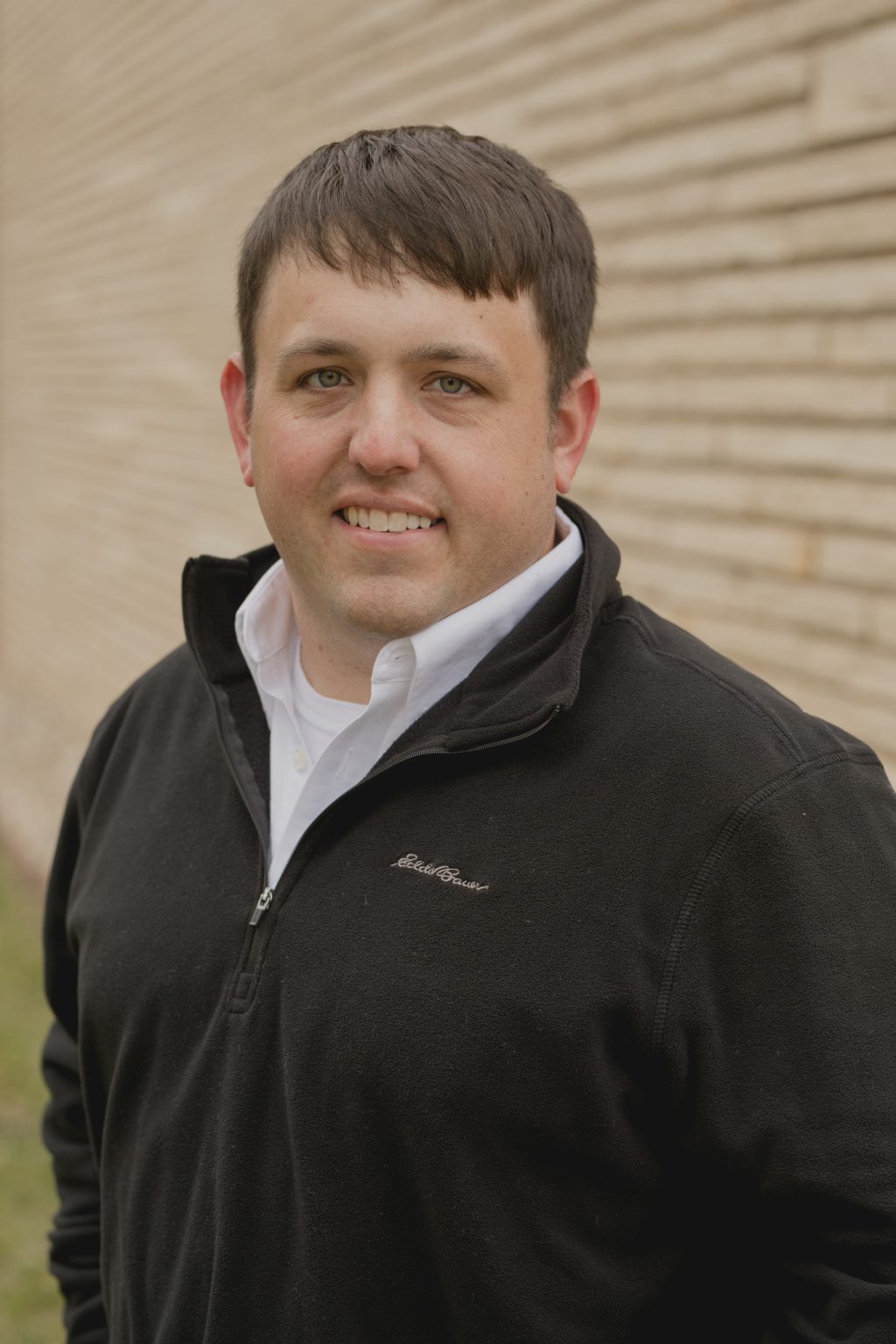
Matt Splitter
Owner/Operator Splitter Farms
Matt Splitter is a 5th generation farmer from central Kansas. Along with his wife Janna, they own and operate their family farm.
Presentation:
Farmer Panel